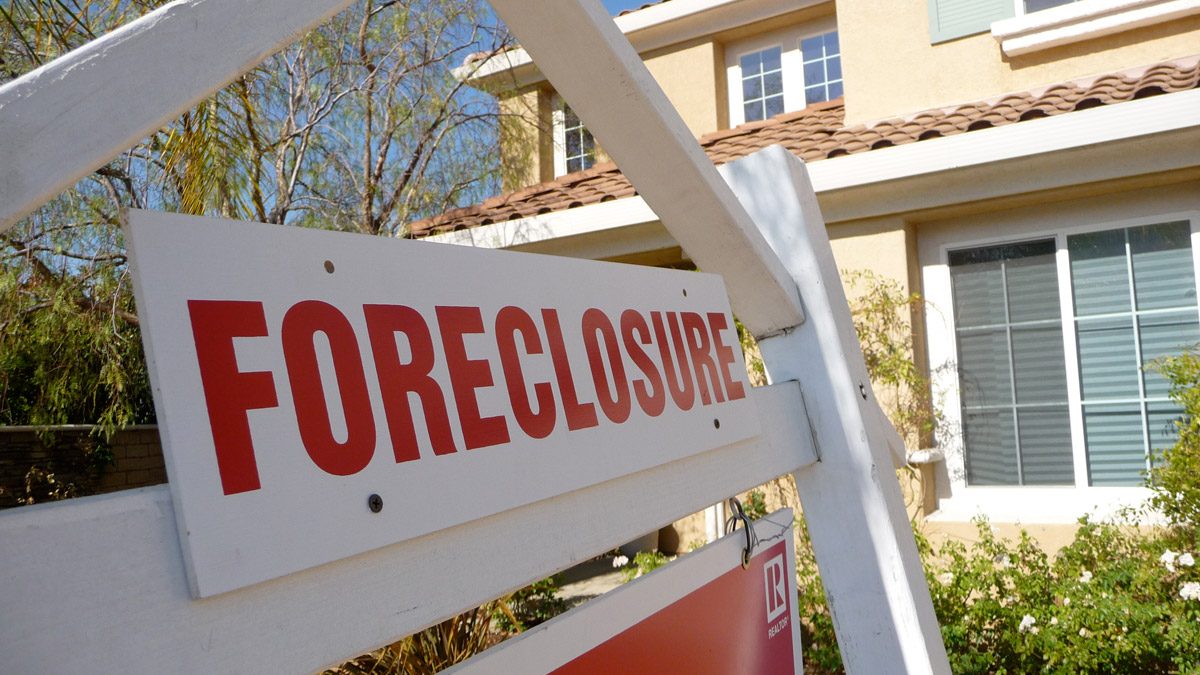Never Buy a Foreclosed Property without Doing This First
Foreclosed properties at higher risk for having title defects
You should never buy a foreclosed property without a thorough title search AND title insurance – here’s why.
First example: Look at the Massachusetts Supreme Court case U.S. National Bank Association vs. Antonio Ibanez in 2011. The court upheld a lower court decision that ruled foreclosure lenders had illegally foreclosed on and sold thousands of homes in Massachusetts. They said the foreclosures were invalid if the lenders didn’t posses full ownership of the mortgage (and the documentation to go with it) before advertising the foreclosure in the newspaper and then selling the home.
With this ruling, the court invalidated the property titles of thousands of home owners. They don’t legally own their homes any more, since their homes were sold to them by banks that didn’t have the right to sell the homes in the first place.
Unless those home owners have title insurance that can cover them for damages and do the work to clear the titles, they’re really stuck. They’re still on the hook for the loans they took out, but they can’t sell their own property either.
And yet there’s more – the judgment was retroactive, meaning people who didn’t have title defects when they closed on their home now have a defect of title to contend with. Their home has become “unmarketable” (AKA they can’t sell it in its current state of uncertain ownership).
Unfortunately, as prosecutors around the country go after the banks who contributed to the housing market collapse, we may see more rulings like the one in Massachusetts – and more home owners at risk of losing their property.
Next example: Back property taxes and liens. The Wall Street Journal reported about a woman who inherited her father’s home – but is now fighting to keep it.
When she inherited the home, she thought she would be the proud owner of a mortgage-free home. However, unbeknownst to her, the house had about $20,000 in back property taxes on it that she now owed the city. Eventually, the debt ballooned to over $42,000 with interest and penalties.
As often happens, the city sold the debt to an investment company, so they could get their money more quickly. If the home owner can’t pay off the debt, one of two things happens. The investment company can force the home owner out of the home, which they can then sell in order to get their money back. Or, the home owner can sell the home in order to raise the money to pay those back taxes.
But, what if the home owner sells the house and then just doesn’t pay the debt? They decide to just take the money and run? That debt doesn’t follow the home owner. It stays with the property. If you are the buyer of this home, you will find yourself on the hook for tens of thousands of dollars.
The same goes for any kind of property tax debt. You have to make sure the title is clear of any debt, liens, and other claims before you can purchase a property – or else you’ll simply be inheriting someone else’s costly problems.
If you decide to invest in foreclosed property, make sure the title search is done by a reputable, experienced professional, and make sure you invest in title insurance. For a one-time fee, the insurance covers your property for as long as you and your heirs own it should issues like these arise.
Tags In
Categories
- Client story (5)
- Commercial (10)
- Residential (27)
- Richmond (8)
- Safe Harbor Title Company (19)
- Security (8)
- Uncategorized (9)
- Yorktown (2)








